Natural Dog Dewormers That Actually Work: Ingredients and Dosages
Introduction
Many dog owners seek natural alternatives to chemical dewormers to reduce side effects and support holistic wellness. While conventional medications remain the gold standard for eradicating intestinal parasites, certain natural ingredients can complement treatment or serve as mild preventive measures. This article reviews herbal and natural dewormers that demonstrate efficacy and outlines proper dosages.
1. Pumpkin Seeds (Curcubita pepo)
Active Component: Cucurbitacin, which paralyzes intestinal parasites.
Dosage:
Puppies (5–15 lbs): 1 teaspoon of freshly ground raw pumpkin seeds daily for 7 days.
Adults (15–50 lbs): 2 teaspoons daily.
Large Dogs (50+ lbs): 1 tablespoon daily.
Administration: Grind seeds in a spice grinder and mix into wet food.
2. Diatomaceous Earth (Food Grade)
Mechanism: Microscopic silica particles physically damage worm exoskeletons, causing dehydration.
Dosage:
Under 25 lbs: 1 teaspoon mixed with food daily.
25–50 lbs: 1 tablespoon daily.
Over 50 lbs: 2 tablespoons daily.
Precautions:
Use only food-grade diatomaceous earth.
Avoid inhalation during mixing (wear a mask).
Continue for 7–10 days for best results.
3. Wormwood (Artemisia absinthium)
Active Components: Thujone and other bitter compounds that discourage parasites.
Dosage:
Dog weight <20 lbs: 50 mg dry herb daily.
20–50 lbs: 100 mg daily.
50+ lbs: 150–200 mg daily.
Administration: Use tincture or encapsulated powder; administer with food.
Contraindications:
Not recommended for pregnant or nursing dogs.
Avoid prolonged use beyond 14 days due to potential liver toxicity.
4. Cloves (Syzygium aromaticum)
Action: Eugenol has mild antimicrobial and antiparasitic properties.
Dosage:
Under 25 lbs: 50 mg powdered cloves daily.
25–50 lbs: 100 mg daily.
Over 50 lbs: 150 mg daily.
Administration: Mix ground cloves into kibble or wet food.
Precautions: Long-term use can irritate the stomach; limit to a 7- to 10-day cycle.
5. Garlic (Allium sativum) [Controversial]
Potential Benefits: Small doses may repel fleas, ticks, and some intestinal worms.
Dosage:
Use with extreme caution: 1/8 teaspoon of fresh minced garlic per 10 lbs of body weight, once or twice weekly.
Risks:
Garlic is toxic in high doses; can cause hemolytic anemia.
Consult a veterinarian before use, especially for small breeds and seniors.
6. Implementation Guidelines
Combined Protocol: To increase effectiveness, combine pumpkin seeds, diatomaceous earth, and wormwood in a rotational cycle:
Week 1: Pumpkin seeds + diatomaceous earth.
Week 2: Pumpkin seeds + wormwood.
Week 3: Pumpkin seeds + diatomaceous earth (repeat).
Veterinary Collaboration: Always inform your vet if using natural supplements. Schedule fecal exams every 6–8 weeks to monitor parasite load.
Conclusion
Natural dewormers—such as pumpkin seeds, diatomaceous earth, wormwood, and cloves—can serve as adjunctive or preventive measures when used responsibly under veterinary guidance. Proper dosages, short treatment cycles, and regular monitoring ensure your dog’s digestive health remains balanced and parasite-free.
Explore Dogs
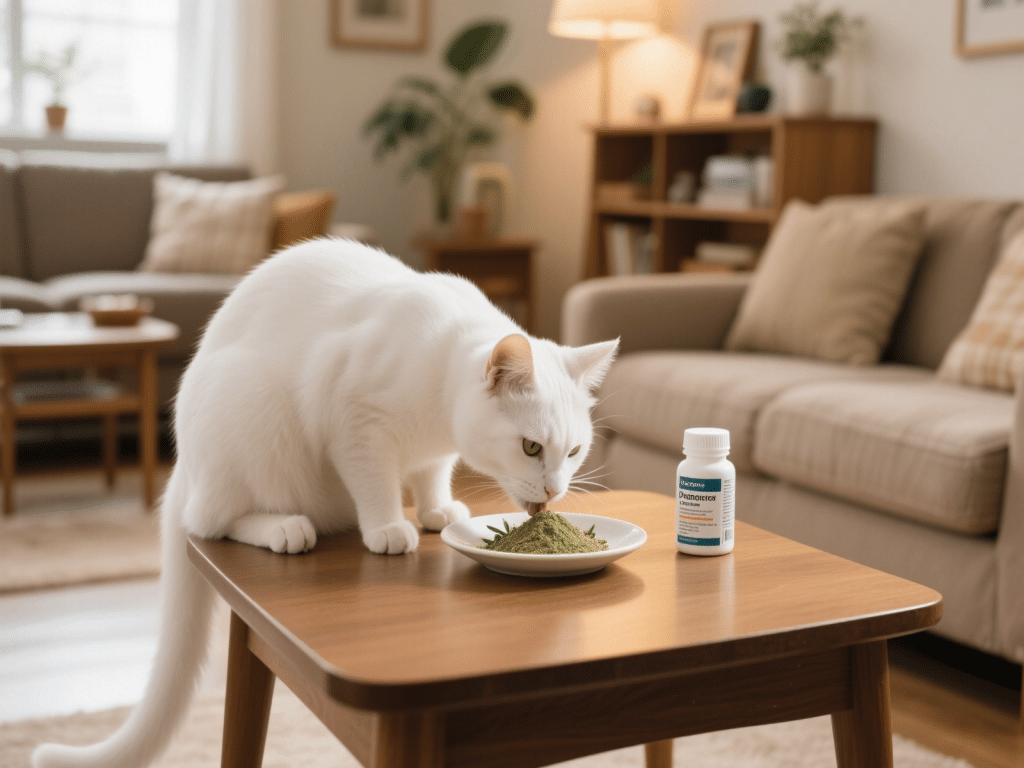
Natural vs Prescription Cat Dewormers: Which Is Right?
IntroductionCat owners seeking parasite control often weigh natural remedies against prescription de...
Read More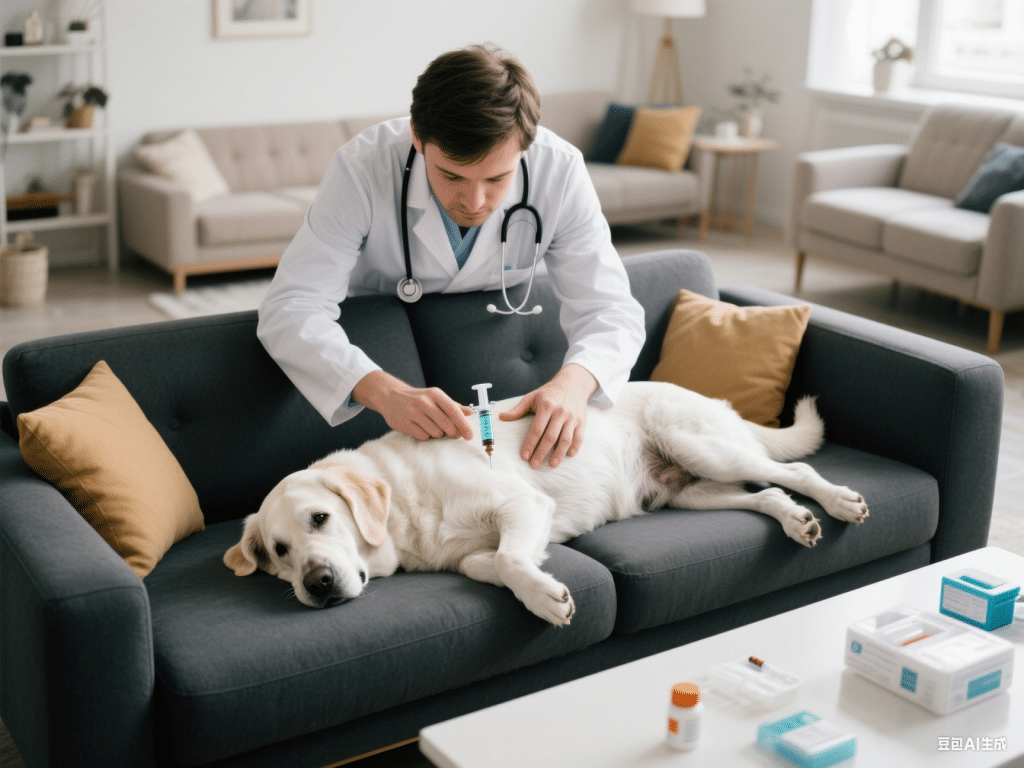
Understanding Deworming Requirements for Senior Dogs
IntroductionSenior dogs (7 years and older, breed-dependent) may have altered metabolism, compromise...
Read More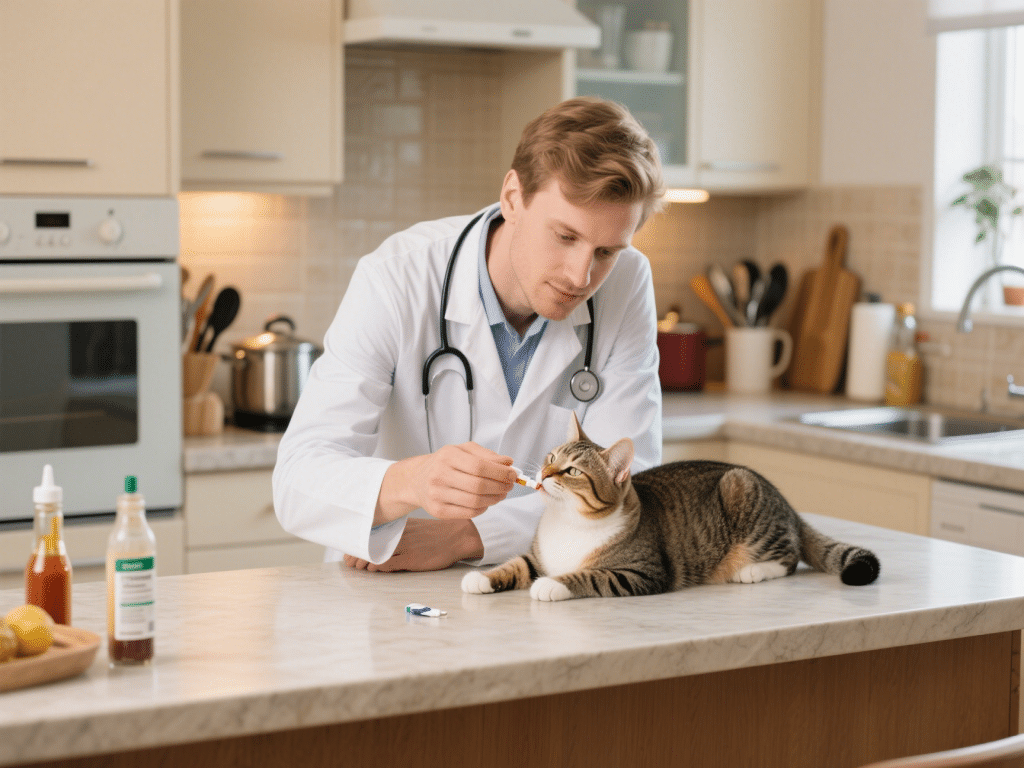
Top Safe Deworming Methods for Indoor Cats: Effective Parasite Prevention
IntroductionIndoor cats are often perceived as less susceptible to parasites, but they can still con...
Read More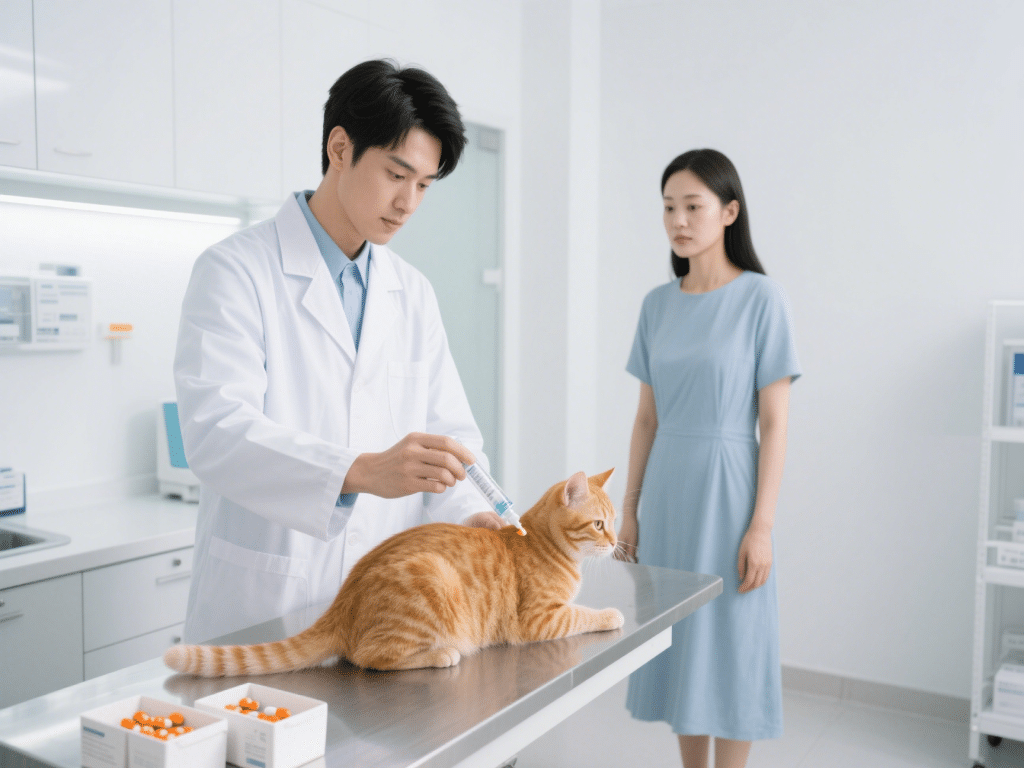
How to Safely Combine Internal and External Dewormers for Cats
How to Safe Protocols for Combining Internal and External Dewormers in CatsEffective feline parasite...
Read More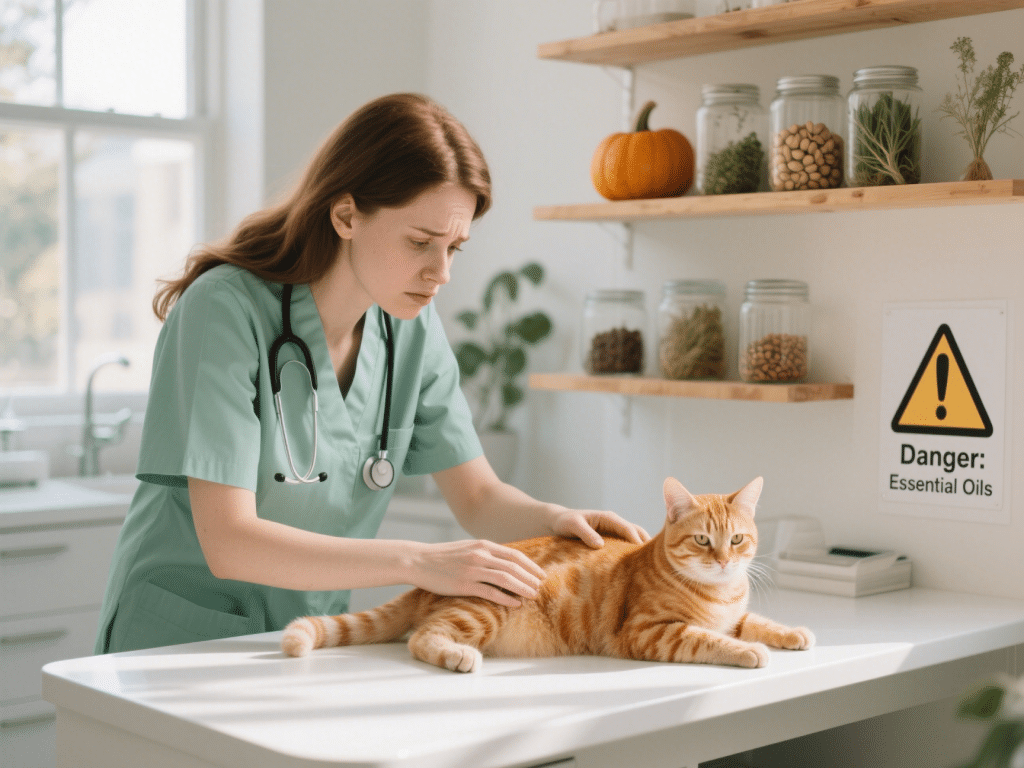
Natural Deworming for Cats: Are Herbal or Essential Oil Solutions Safe?
Natural Deworming for Cats: Are Herbal or Essential Oil Solutions Safe?Many cat owners, seeking gent...
Read More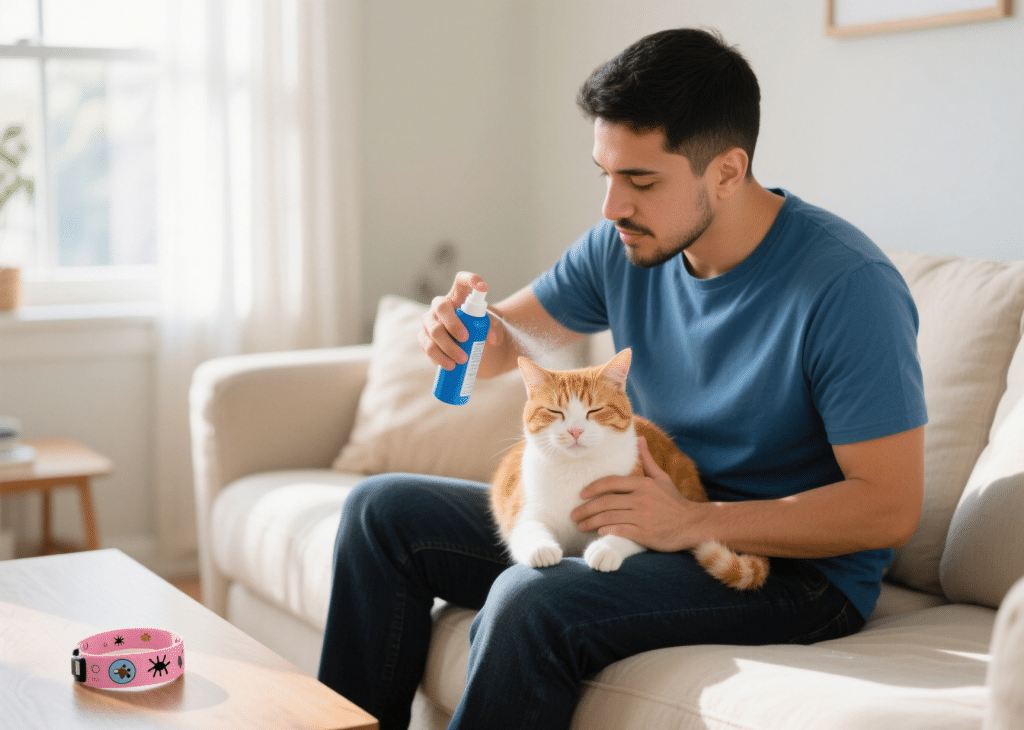
Deworming Cats Externally: Spot-On Treatments vs Collars vs Sprays
Deworming Cats Externally: Spot-On Treatments vs Collars vs SpraysIntroductionExternal parasites suc...
Read More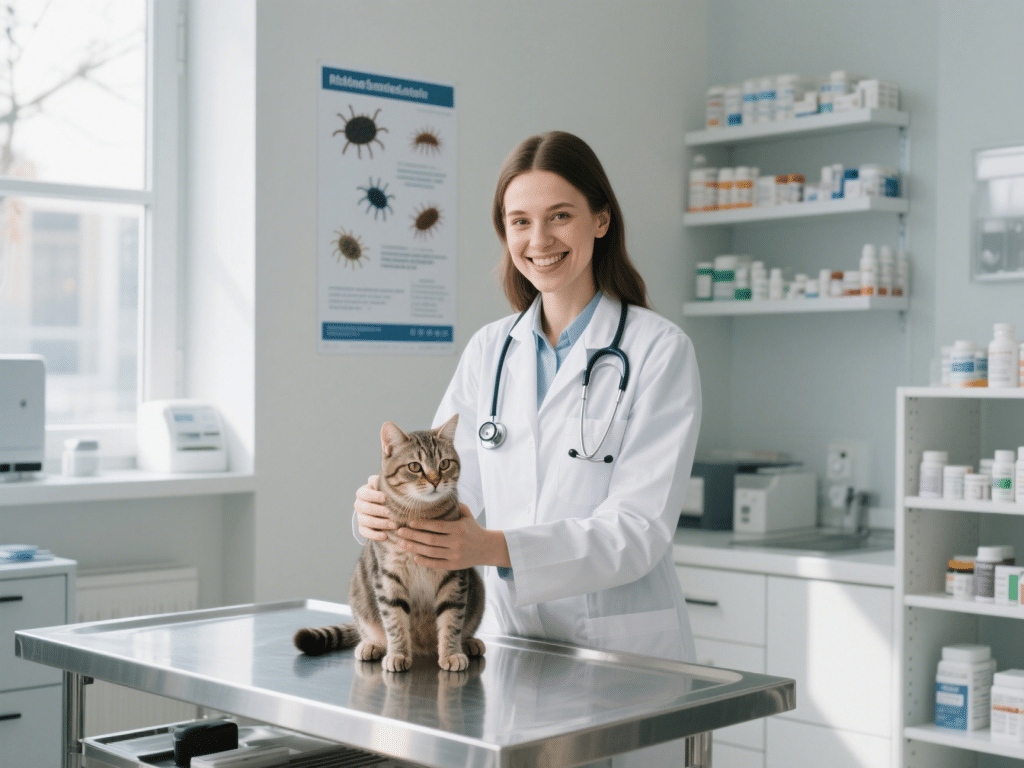
Top 5 Cat Dewormers Compared: Vet-Approved Options for Internal and External Protection
Top 5 Cat Dewormers Compared: Vet-Approved Options for Internal and External ProtectionIntroductionI...
Read More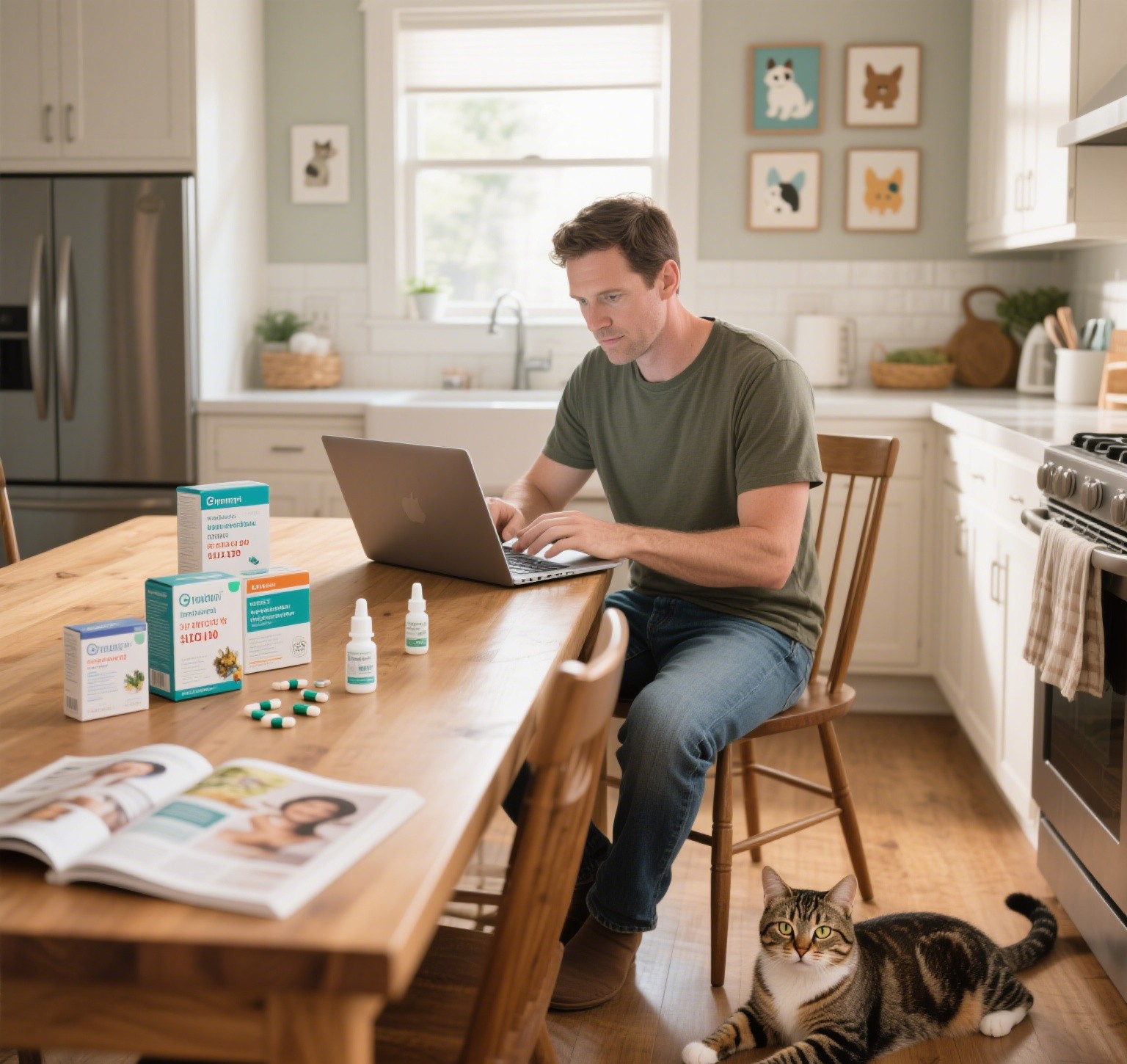
How Much Does Cat Deworming Cost? A Practical Guide with Recommended Products
How Much Does Cat Deworming Cost? A Practical Guide with Recommended Products?Cat deworming is a cru...
Read More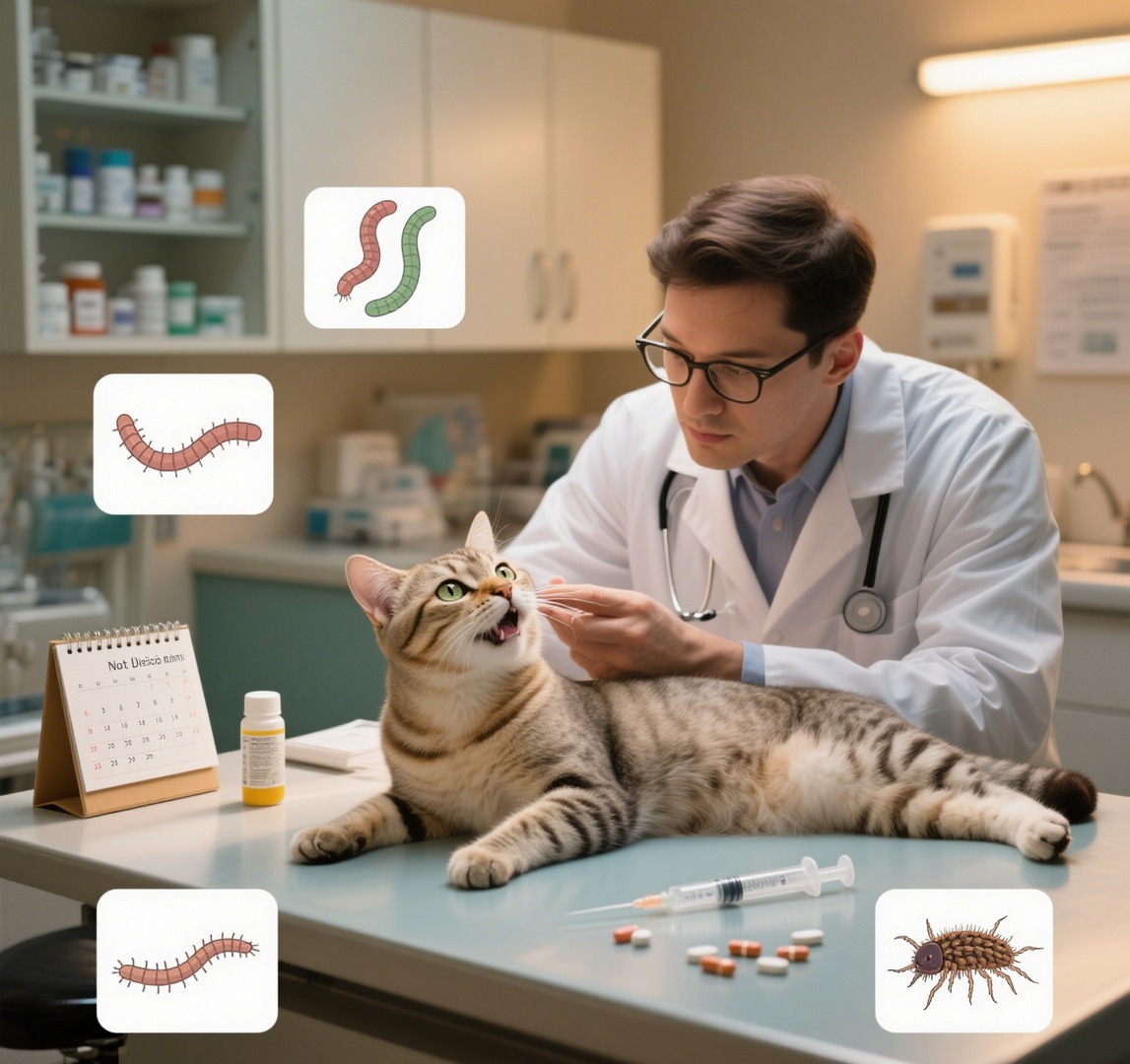
Why Cats Require Regular Deworming: Understanding Internal and External Parasites
1.1 Internal Parasites• Ascarids (Roundworms): The most common intestinal parasites, often causing...
Read More